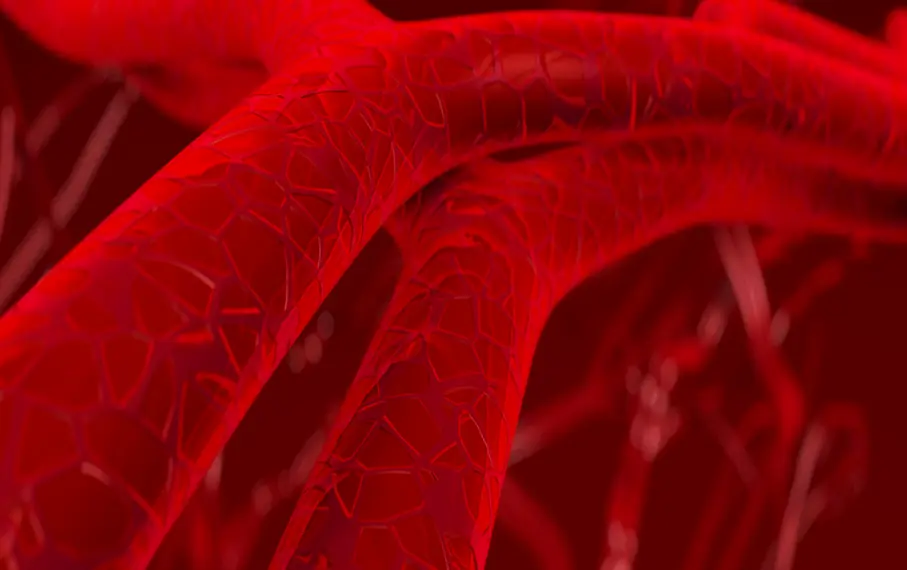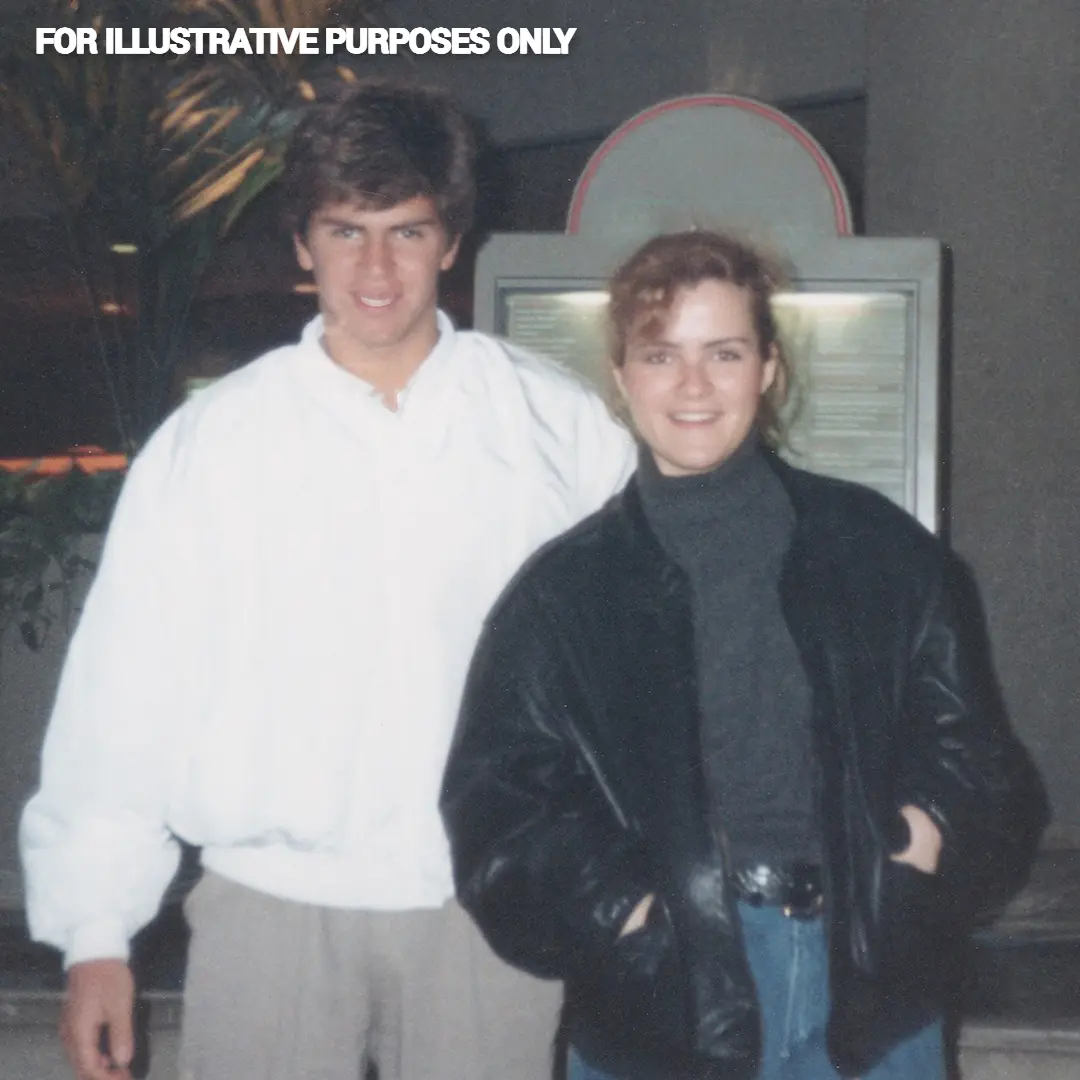
— Move along, old man, this isn’t the place for your pennies.
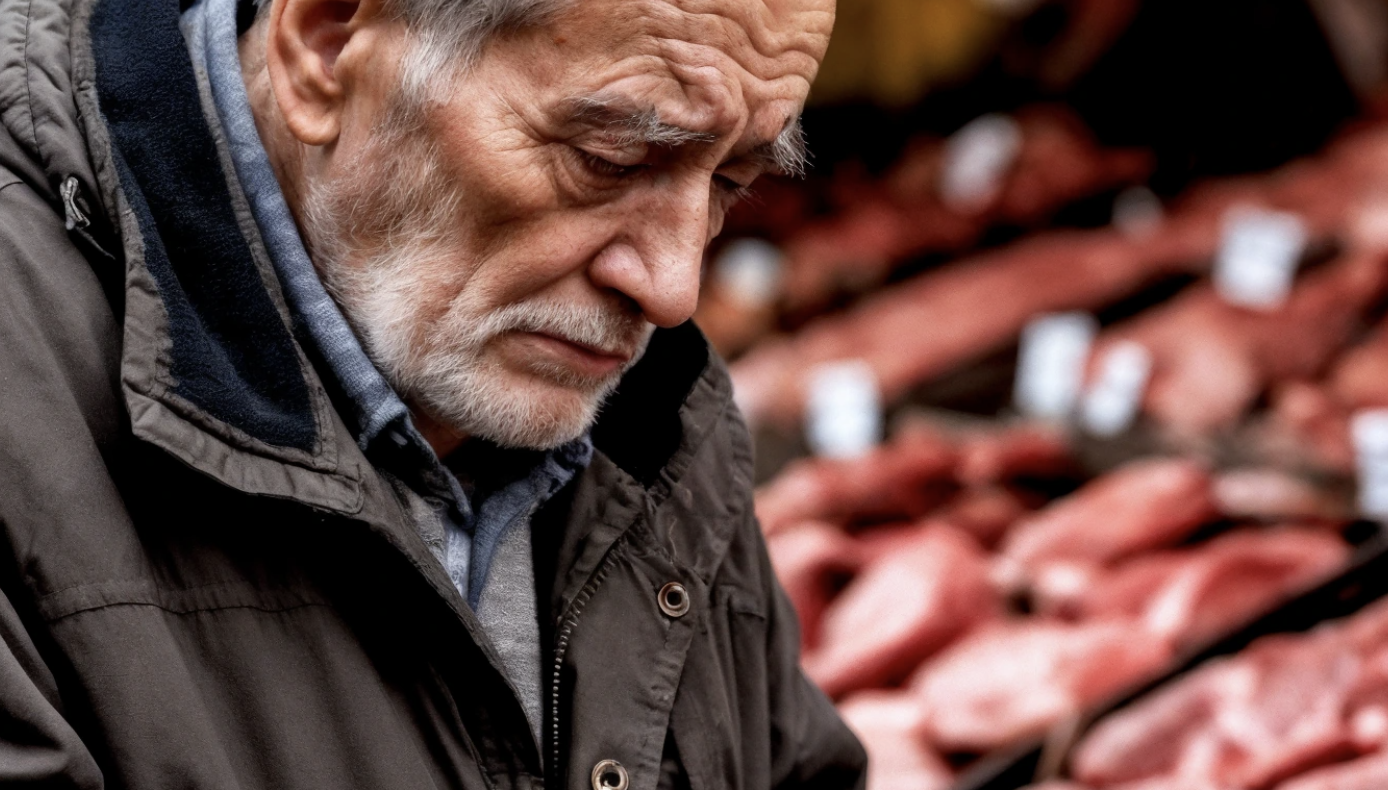
The Severny market was always a vibrant scene, bustling with energy every morning, as though it were powered by some unseen force. The vendors shouted their offers to passing customers, students bartered for tangerines, and workers cursed quietly as they carried heavy sacks of potatoes. Yet, on that particular Thursday in April, the usual chatter seemed to have a sharper edge to it, as though the very atmosphere had grown thick with tension.
An elderly man, his face gaunt and tired, approached a sausage stand. He appeared well over eighty, wearing a worn gray military-style coat with patched elbows and shoes that had mismatched laces. He leaned heavily on a cane in his right hand, while his left clutched his chest as if guarding an old, unhealed wound.
The vendor at the stall, a tall, rosy-cheeked young man named Alexei, turned around, holding a knife in his hand.
“Move along, old man,” Alexei said gruffly, “You’re not welcome here.”
The old man froze, as though he had slammed into an invisible wall.
“I only want a small piece of lard, my boy… I’ll pay you,” the man replied, his voice weak but firm.
“Pay? Where’s your pension, then?” Alexei chuckled, his loud laugh carrying across the market. “We’ve had enough of freeloaders!”
Several shoppers turned to look. Some smirked, while others lowered their eyes, pretending not to see.
The old man, trying again, spoke with a quiet desperation, “I’m not begging. I truly want to buy something.”
With shaking hands, he pulled out a tattered paper wallet, from which fell two ruble coins and a weathered medal—"For Bravery"—shiny despite the years.
Alexei sneered.
“I don’t want your dirty coins. Look at the prices! Just get out of the way.”
The old man looked around, his eyes meeting nothing but indifference. Even the elderly women selling herbs lowered their gazes. He sighed, took a deep breath, and climbed slowly onto a wooden crate left by the loaders. His posture straightened, and he planted his feet wide, as if assuming the stance of a soldier on parade.
“Comrades…” His voice was thin but clear, cutting through the air. “Allow me to sing a song. Not for charity, but for remembrance.”
Alexei rolled his eyes. “Oh, great. Not another one of these. I’ll call the guards!”
But the guard, Ivan, was busy boiling water for tea in the nearby booth. The people surrounding the stall froze—some out of curiosity, others with a subtle discomfort. The old man took a deep breath, clearing his throat, and began singing a song from the wartime years:
“Roads… dust and fog…”
At first, it was only a small boy with a backpack who paid attention. But soon, the seed vendor stopped cracking sunflower seeds, and the loaders paused in their work. The voice was frail but steady, each word ringing through the tense silence.
Alexei stood frozen, knife still in hand. His customer, her wallet halfway closed, slowly turned her head to listen. The lyrics continued:
“And the steppe is overgrown with weeds…”
And in that moment, the meaning of the song hit everyone like a wave. The old man was not just singing; he was weaving a thread that reached all the way back to 1945.
Within moments, the market was completely still. The usual sounds of haggling, the clinking of scales, the chopping of produce—all of it faded into nothingness. Even the kettle in the guard’s booth ceased its whistling, as Ivan turned it off, unable to explain why.
The old man finished the final verse and slowly descended from the crate, his balance faltering. A young boy reached out to steady him.
“Please, Grandpa, sit down,” the boy said, his voice filled with concern.
A woman in a sleek, fashionable puffer coat stepped forward and silently handed the old man a bottle of water.
“Here, take a drink.”
He sipped slowly, nodding his thanks. As he stepped off the crate, Alexei suddenly moved forward, taking a chunk of lard as big as a brick, wrapping it in paper, and handing it to the old man.
“Take it,” Alexei muttered. “I didn’t realize at first. I’m sorry.”
“No, I must pay,” the old man insisted.
Alexei frowned, pulled some rubles from his pocket, and laid them beside the old man. Then he added more: a packet of pasta, a block of cheese, a bag of buckwheat.
“This is from all of us,” Alexei said quietly.
It was as if the crowd had awakened from a trance. One by one, people began to offer what they could: a bar of chocolate, a can of beans, a dozen eggs. Even Senka the loader tossed a couple of oranges into the old man’s bag, while the herb vendor added a bundle of fresh dill. It was as if the market itself had decided to stock up the old veteran’s pantry.
The boy who had helped him asked hesitantly, “Grandpa, is it far? Do you need help?”
The old man, eyes misted from the cold, looked at the boy with a soft gaze.
“I’ll be alright. But it’s not for me. It’s for my neighbor—Pavel Artyomovich, a fellow veteran. His lungs are failing him. We survived it all together, and now… only the two of us remain.”
Alexei quickly untied his apron.
“Don’t worry. Ivan and I will take you in our truck. We’ll help.”
The old man stood still for a long time, almost as if unsure whether he could trust them. Then he nodded slowly, and in a quiet voice, he said, “Thank you. My name is Fyodor Savelievich.”
“I’m Grisha,” the boy said with a smile. “Grandpa Fyodor, could you teach me that song?”
“I will, my grandson. You’ll learn the melody too.”
As they moved toward the exit, the crowd parted, creating a path for them. Grisha led the way, holding the medal like a torch. Behind him, Alexei and Ivan followed, carrying the heavy bag. People watched in silence, as though witnessing a small parade.
When the truck finally drove off, the market resumed its usual rhythm. Yet now, the sounds were softer, more thoughtful.
“Maybe we should invite veterans to sing every Thursday?” someone suggested.
“Let’s do it,” came the reply from every corner.
Alexei returned to his stall, picked up his knife—but his hand was trembling. He removed his gloves, closed his eyes, and quickly wiped his face, as if trying to erase something unexpected that had appeared there.
A customer wearing glasses approached, glancing at the sausages.
“What’s the price for cervelat today?”
Alexei, his voice slightly unsteady, smiled.
“Discount for those who remember: ninety-eight rubles.”
The market hummed back to life. But beneath the usual noise, a faint, almost imperceptible note lingered—a note of something deeper, something human. People remembered how, for just a few minutes, everything had stopped, and how one old man’s voice had made them hear not the prices, but their own conscience.
News in the same category

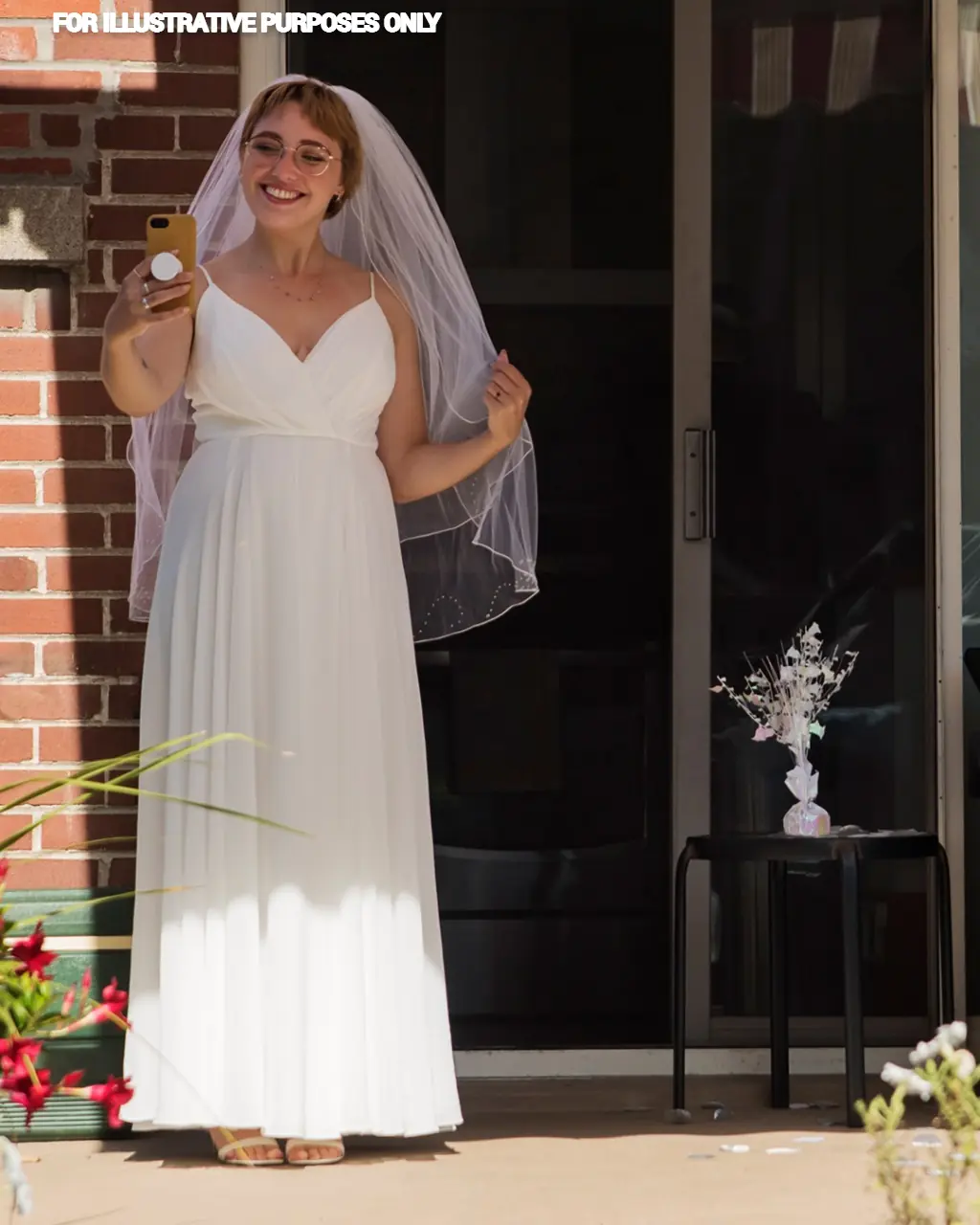
After Marrying, My Wife Became Too Secretive, So One Day I Decided to Follow Her – Story of the Day
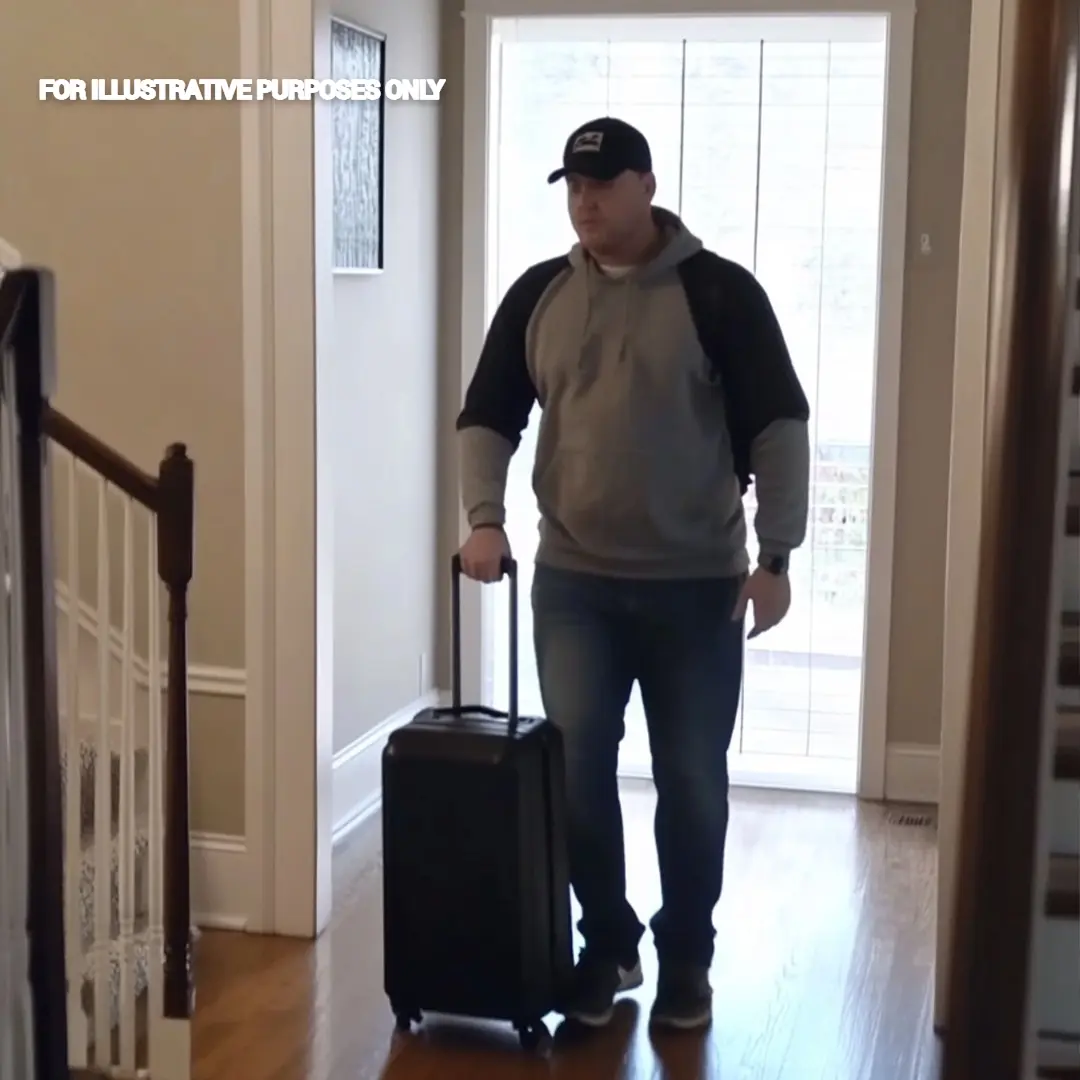
My Husband Went on Vacation with His Lady Boss to 'Secure a Promotion'—So I Sent Him off with a Surprise He'll Never Forget

My Sister Named Her Son the Same as Mine! I Didn't Understand Why Until Our Mother's Will Was Read – Story of the Day

The closer the wedding got, the gloomier Ilya became. Mila couldn’t understand—what had happened to him? Had he changed his mind?
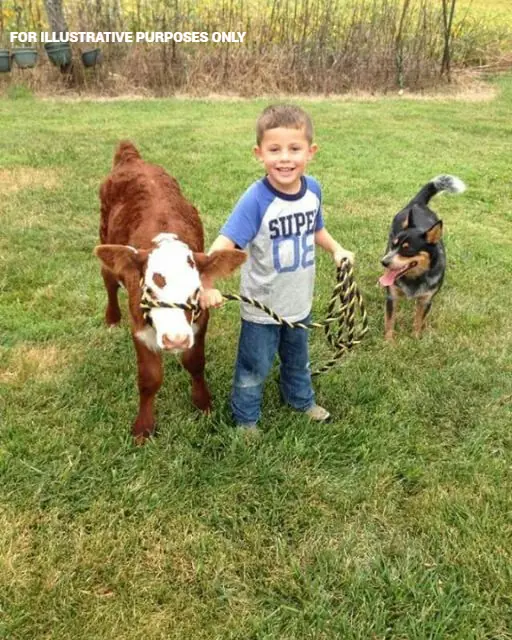
HE NAMED THE CALF “BUTTONS”—BUT ONCE THE TRUCK PULLED UP, GRANDPA WOULDN’T LOOK HIM IN THE EYE
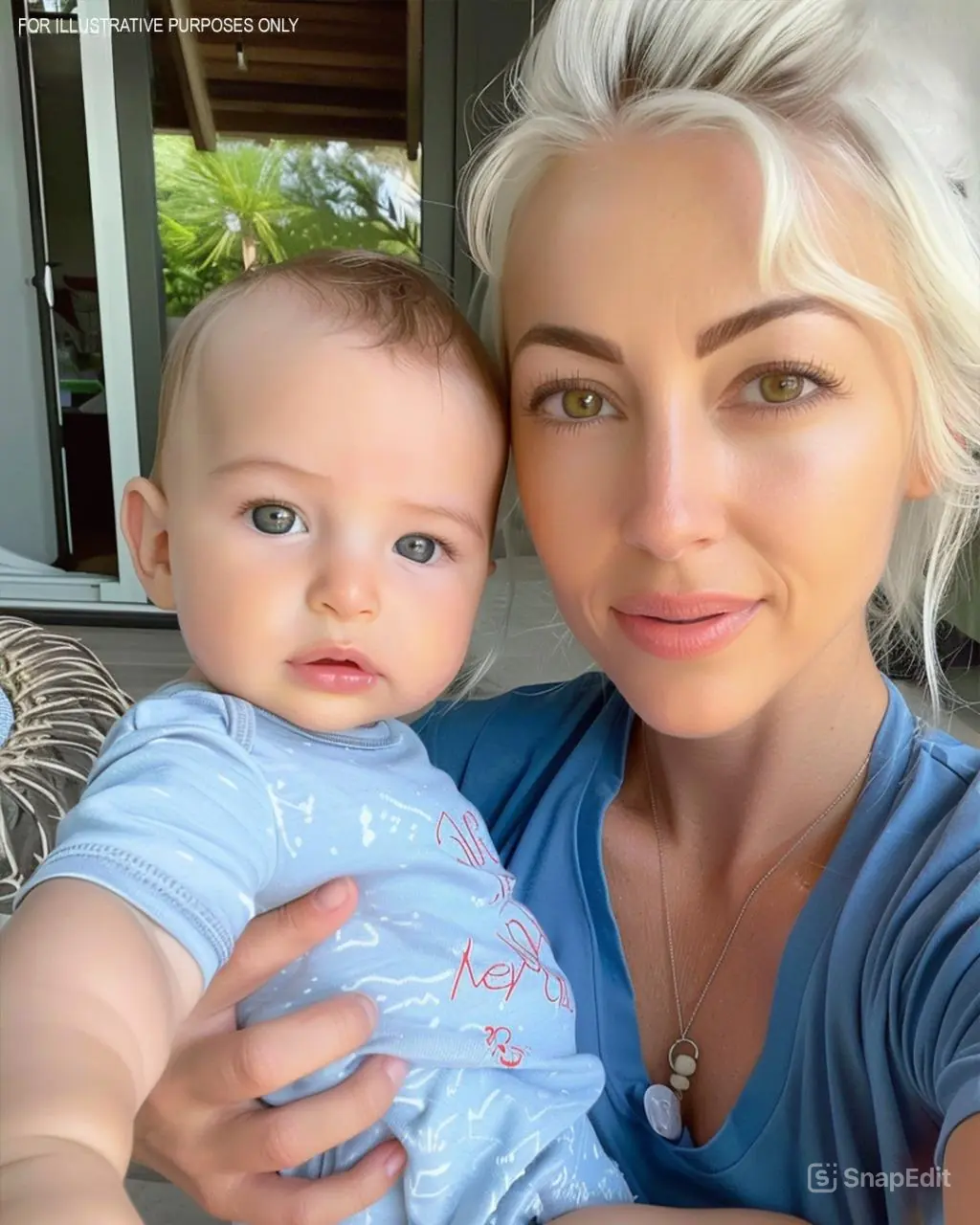
I Lost My Job After Becoming a Mom Because They 'Need Someone Who Won't Get Distracted'
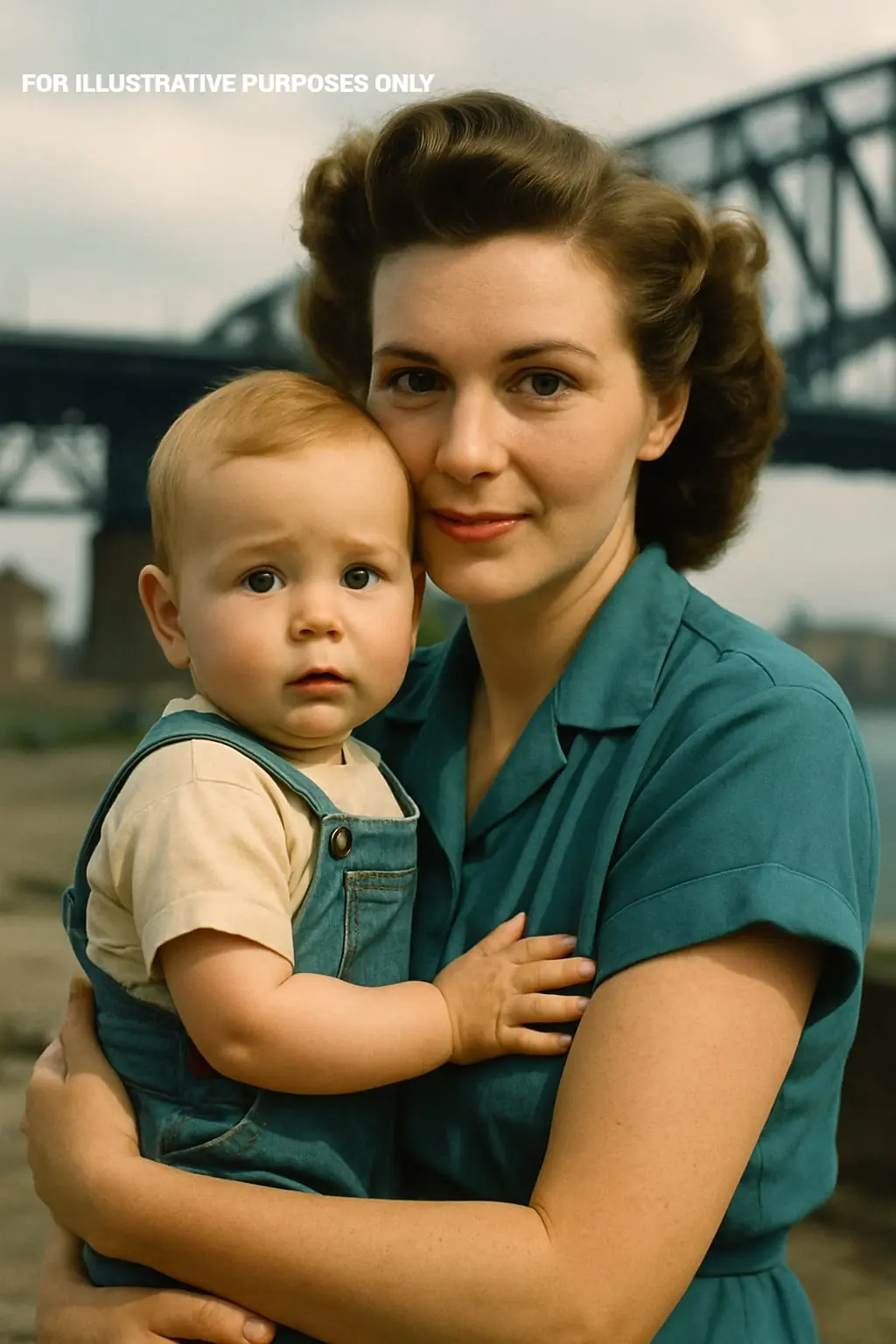
I found a three-year-old blind boy, who was unwanted by anyone, under a bridge, took him in, and raised him as my own.
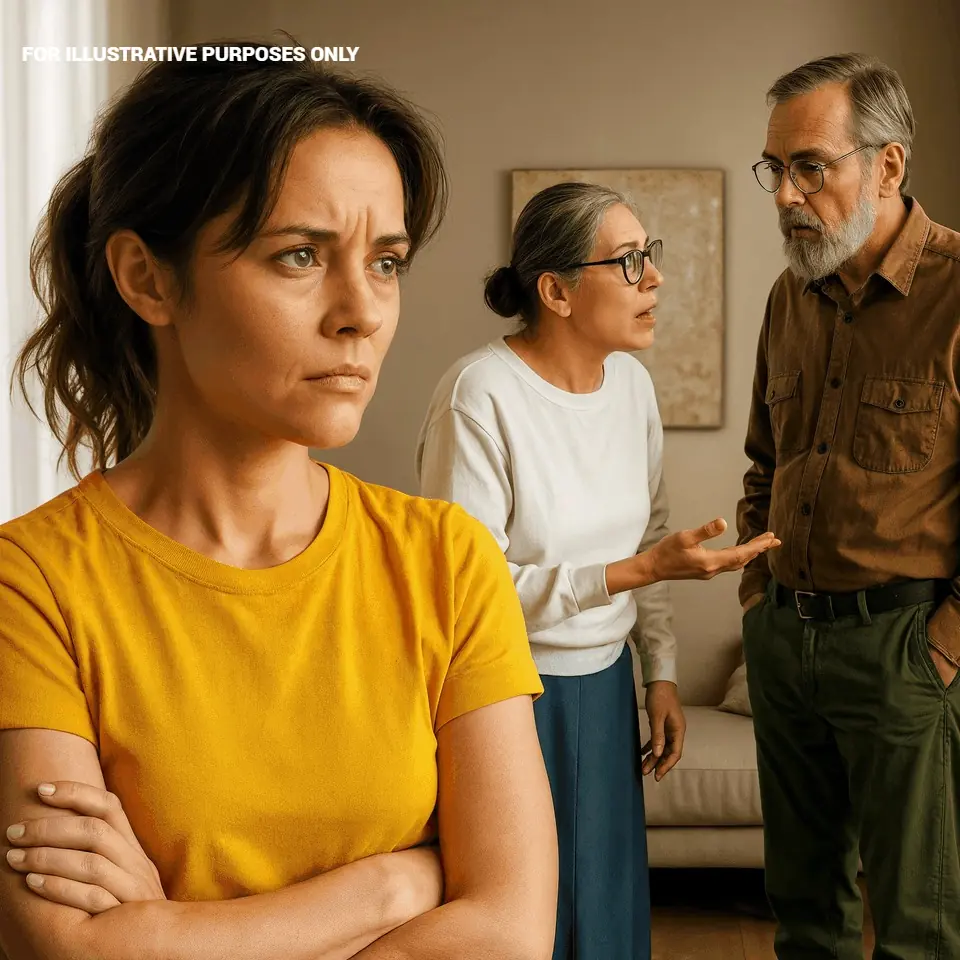
Arriving at the country house for the May holidays, Svetlana entered the hallway and overheard what her husband’s parents were discussing, and three days later, she filed for divorce.

There’s a Woman in a Boat Riddle: Try to Solve the Viral Riddle
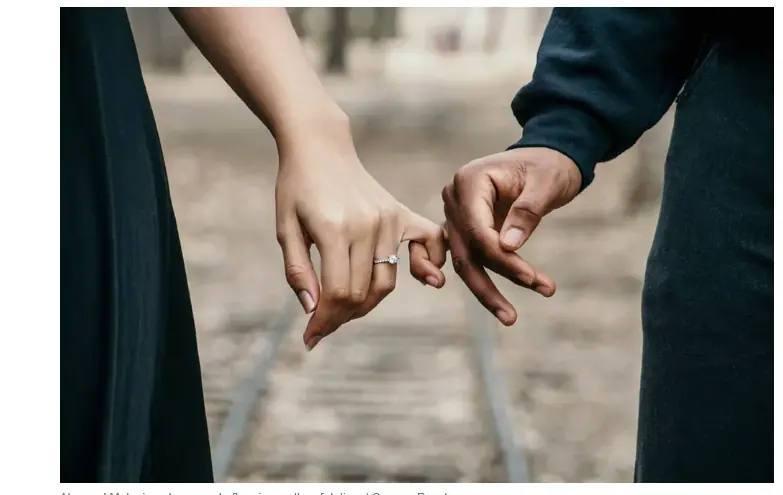
After Wedding Ceremony, Groom Sees 2 Kids in the Crowd and Runs Away with Them – Story of the Day
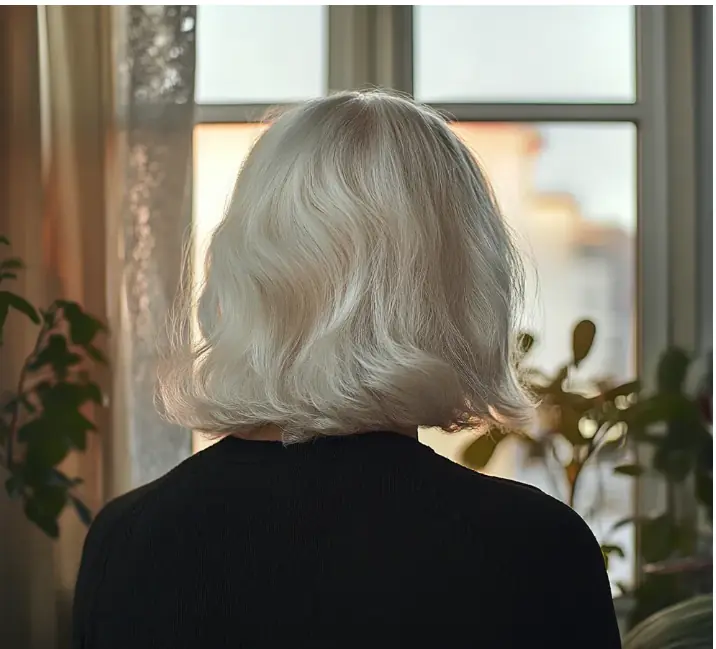
My MIL Secretly Took a DNA Test on My Son — What She Found Out Shook the Whole Family

A Woman with a Baby Asked to Borrow My Phone on the Street – 2 Days Later, the Police Showed Up at My Hotel Door
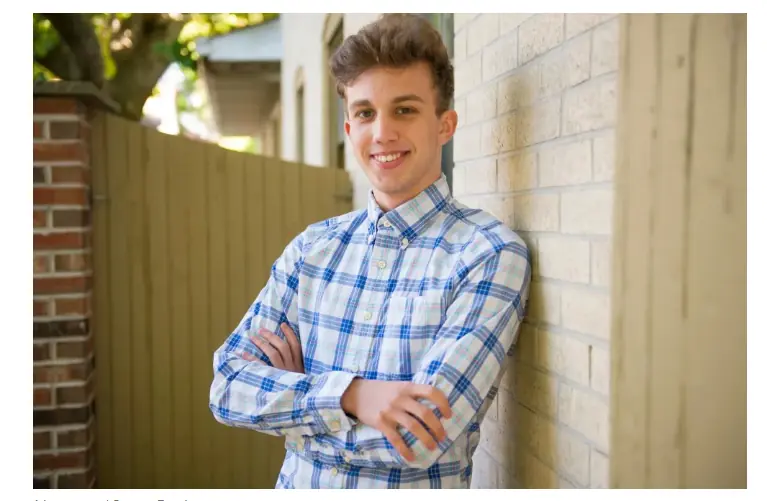
I Found a Forgotten Wedding Gift in the Closet – Inside Was My Husband's Secret

My Stepmom Locked Me in So I'd Miss Her Wedding with My Dad — But She Didn't Count On One Tiny Detail That Changed Everything
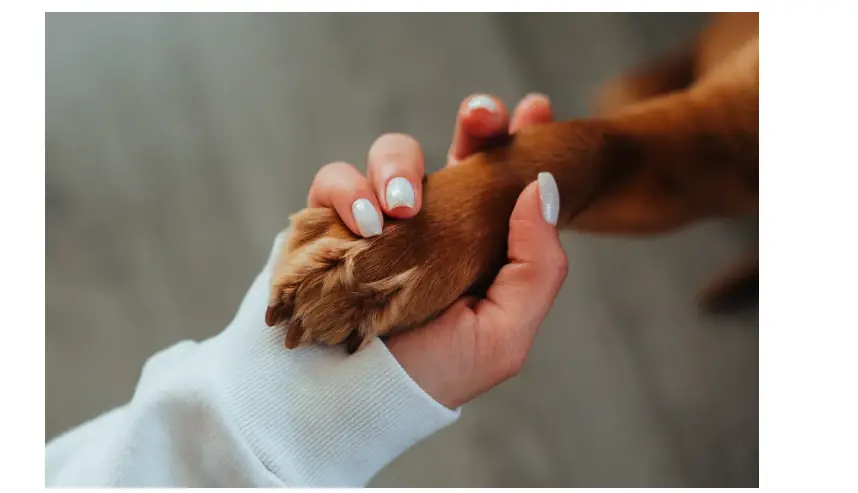
Dog Goes to Closed Store Daily then Leaves, One Evening Poor Boy Notices and Follows It — Story of the Day
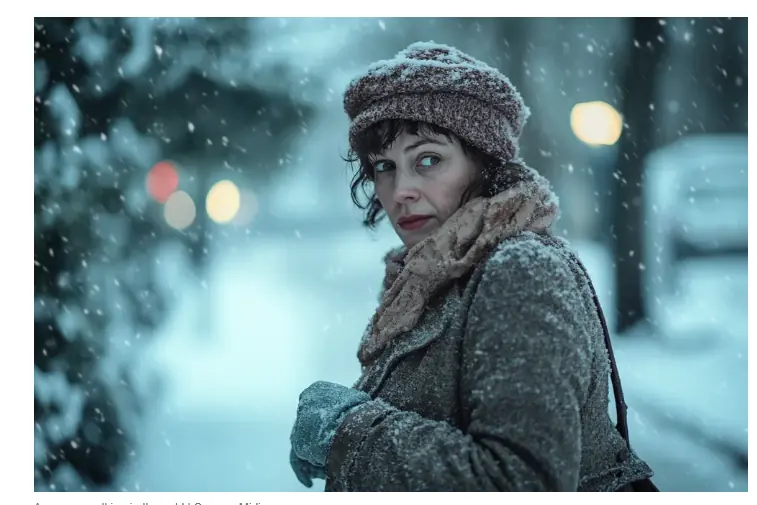
I Found an Elderly Woman on the Roadside on a Snowy Christmas Eve & Took Her Home — Days Later, a Luxury Decorated SUV Pulled up to My Door

Man Gives Salary to Woman with Child Asking for Money for a Ticket — Next Day, a Large White Limousine Pulls up to His House
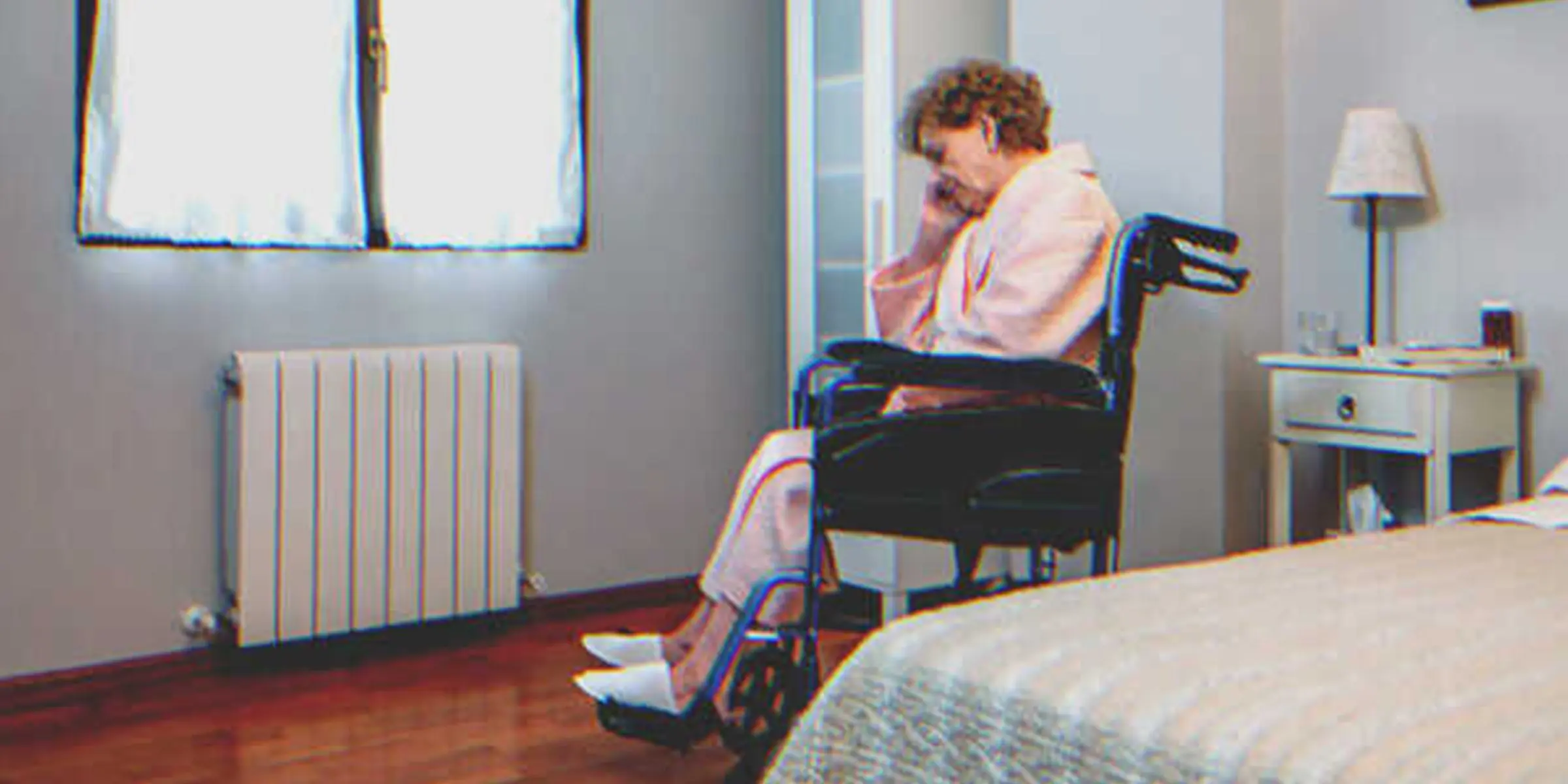
Sons Abandon Old Mom in Nursing Care & Sell Her House, New Owner Returns Her Home Keys Later – Story of the Day
Blinded by greed and love for money, an elderly widow's sons kicked her out of her own house, sold it, and sent her to a nursing home. A few days later, the new homeowner returned her home keys with a heartwarming note that made her hug him and cry.
News Post

The Love of My Life Disappeared without a Word decades Later, Her Funeral Gave Me the Answer — Story of the Day

After Marrying, My Wife Became Too Secretive, So One Day I Decided to Follow Her – Story of the Day

My Husband Went on Vacation with His Lady Boss to 'Secure a Promotion'—So I Sent Him off with a Surprise He'll Never Forget

My Sister Named Her Son the Same as Mine! I Didn't Understand Why Until Our Mother's Will Was Read – Story of the Day

The closer the wedding got, the gloomier Ilya became. Mila couldn’t understand—what had happened to him? Had he changed his mind?

HE NAMED THE CALF “BUTTONS”—BUT ONCE THE TRUCK PULLED UP, GRANDPA WOULDN’T LOOK HIM IN THE EYE

I Lost My Job After Becoming a Mom Because They 'Need Someone Who Won't Get Distracted'

I found a three-year-old blind boy, who was unwanted by anyone, under a bridge, took him in, and raised him as my own.

Arriving at the country house for the May holidays, Svetlana entered the hallway and overheard what her husband’s parents were discussing, and three days later, she filed for divorce.

9 Reasons Why You Should Eat Okra Multiple Times a Week

Nicole Kidman, 57, in a Stunning Black Gown, Debuts a Pixie Haircut With Dark Roots at the 2025 Met Gala, Igniting Buzz – Photos

The Miracle Remedy That Has People Abandoning Hospitals: Cures Cancer, Diabetes, High Blood Pressure, and Poor Circulation!

DIY Lemon Ginger Turmeric Power Shots: Boost Your Health Naturally
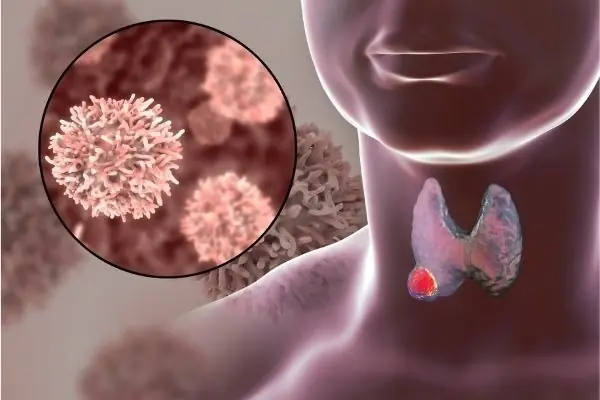
7 Early Warning Signs of Nasopharyngeal Cancer: Even One Symptom Is a Reason to See a Doctor
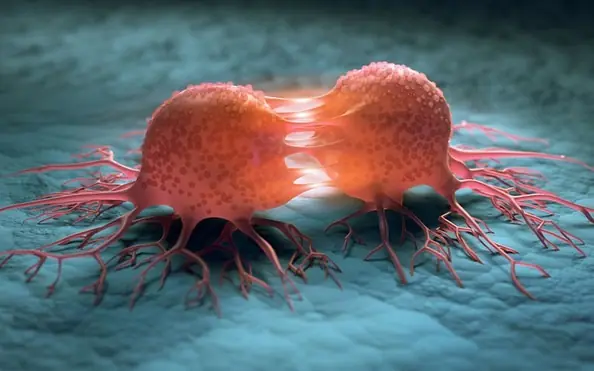
Breakthrough: Scientists Discover How to Revert Cancer Cells Back to Normal
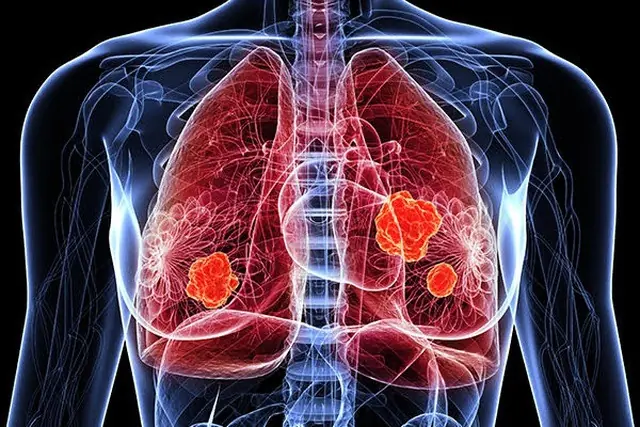
9 Early Signs of Lung Cancer You Should Not Ignore

'This Is Us' Star Chrissy Metz Stuns in Multicolored Ruffled Dress at the Variety Power of Women Nashville Event – Photos
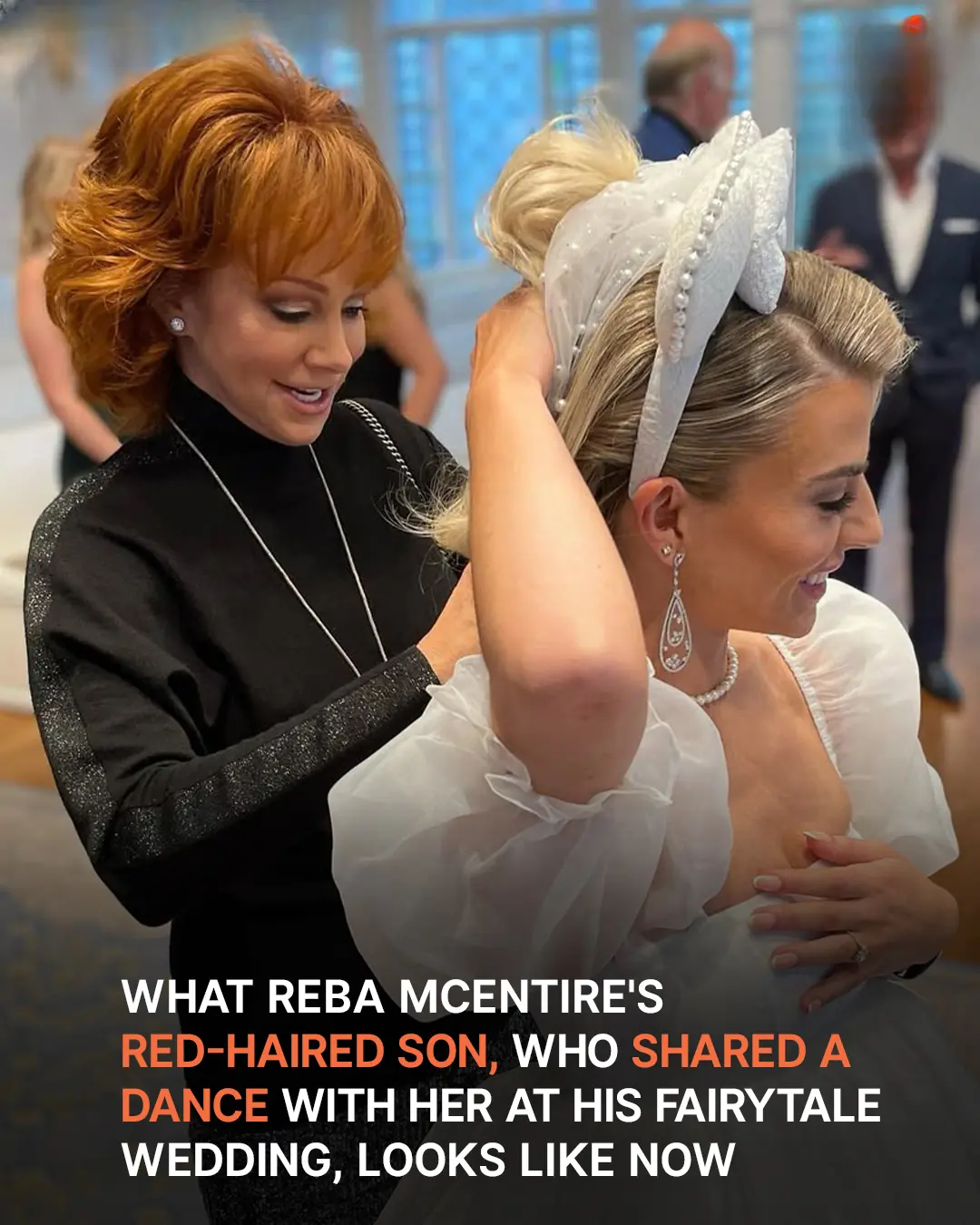
Reba McEntire Is a Proud Mom of One Son – She Shared a Heartwarming Dance with Him at His Fairytale Wedding
